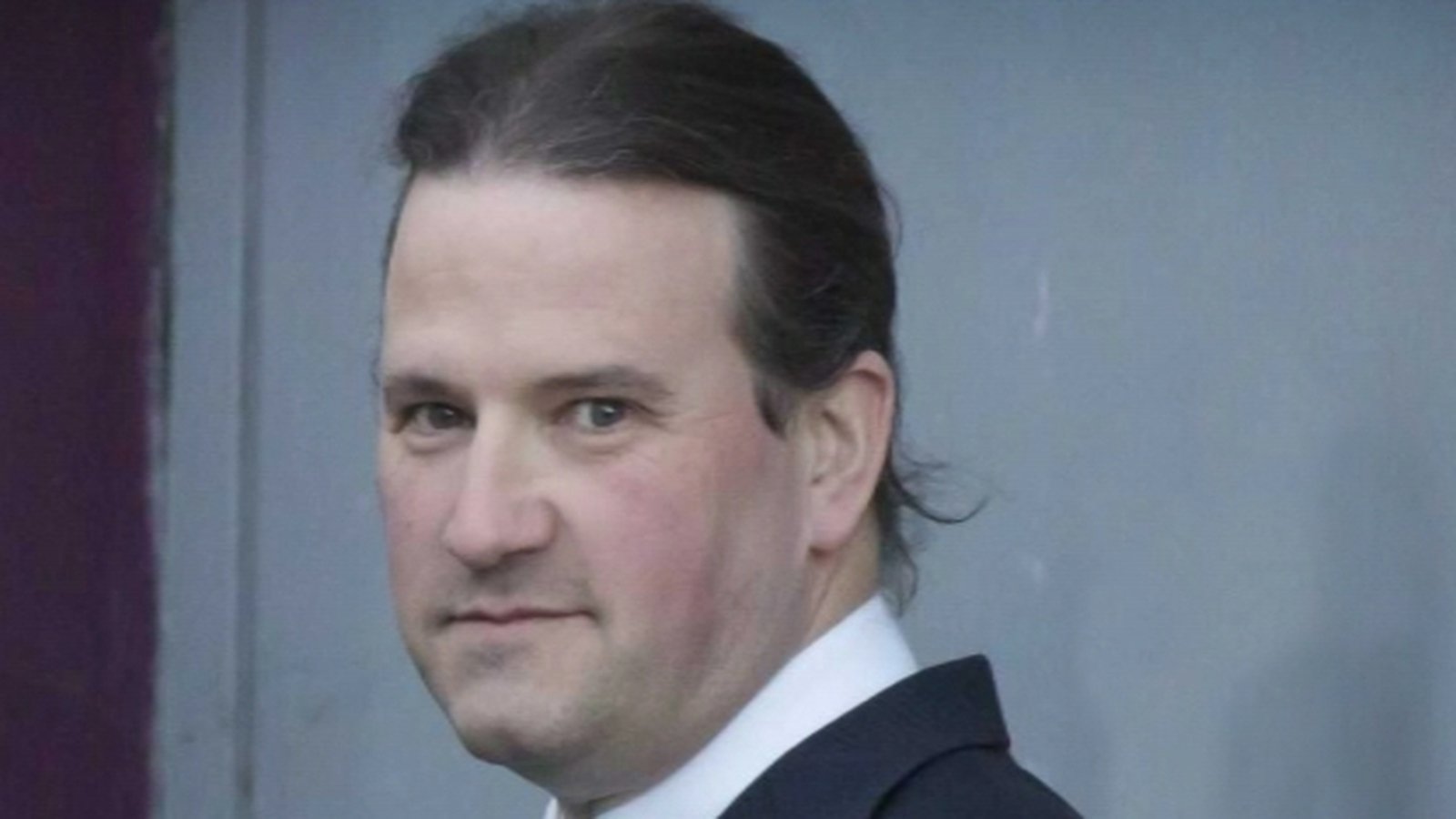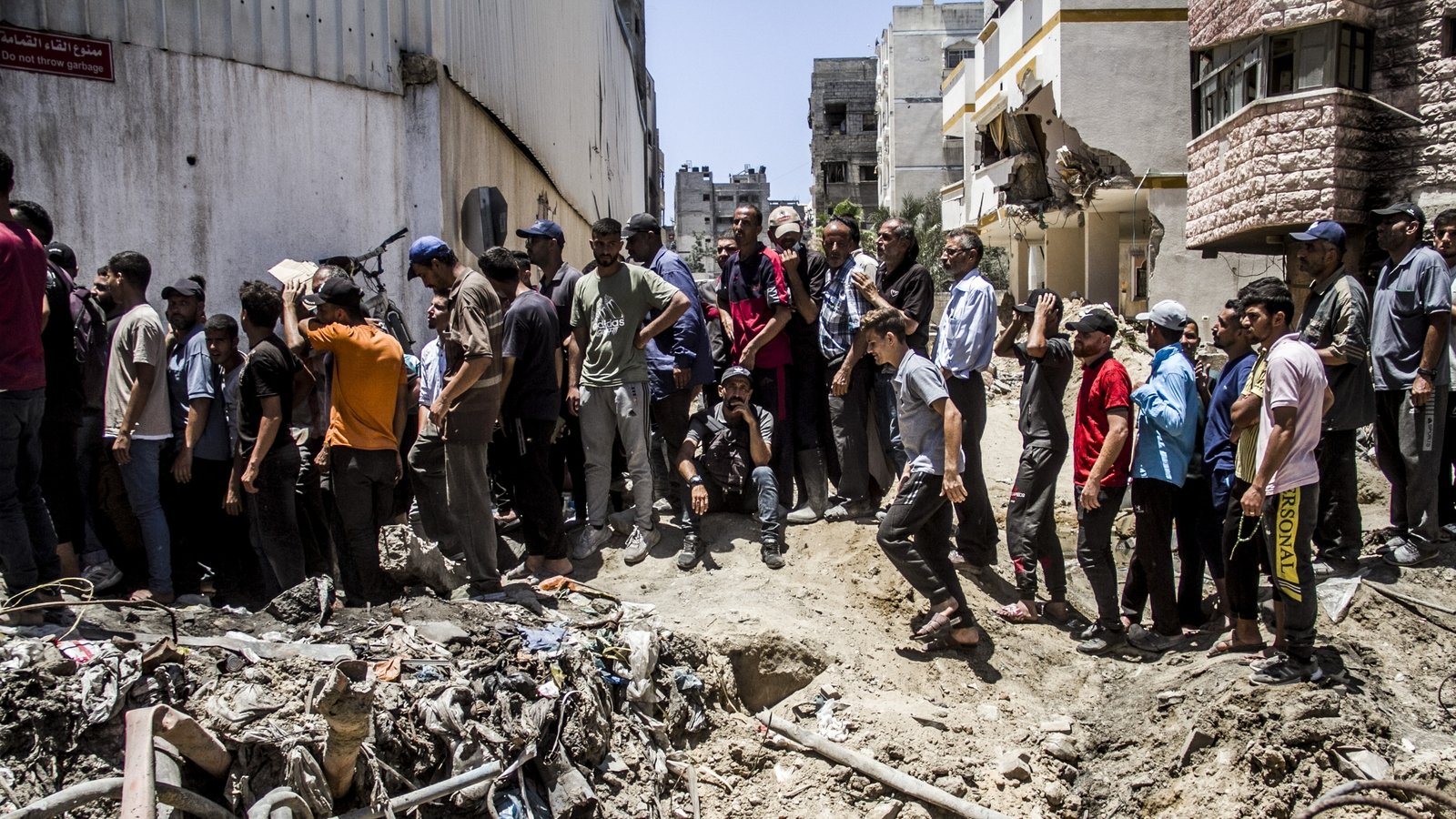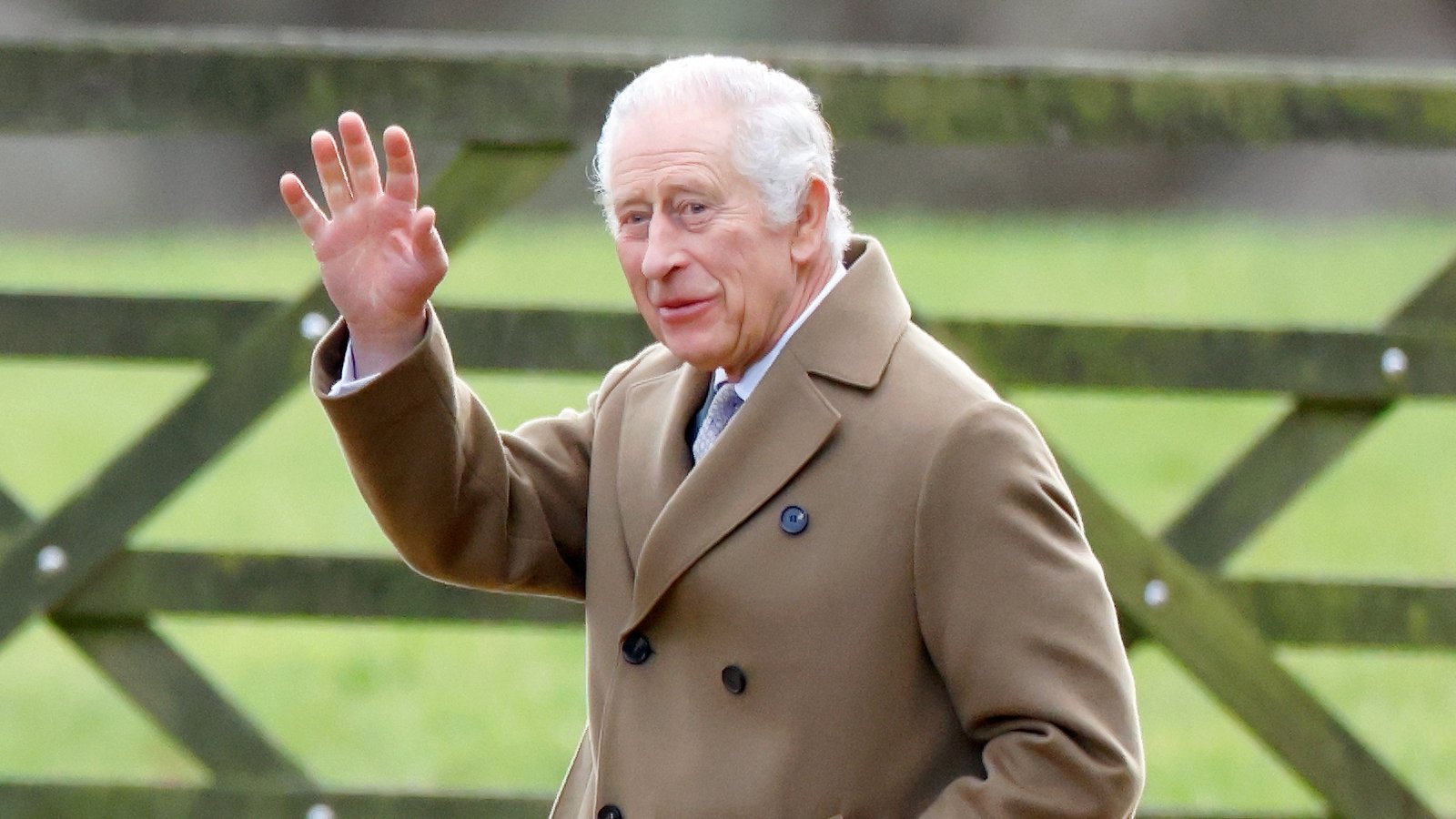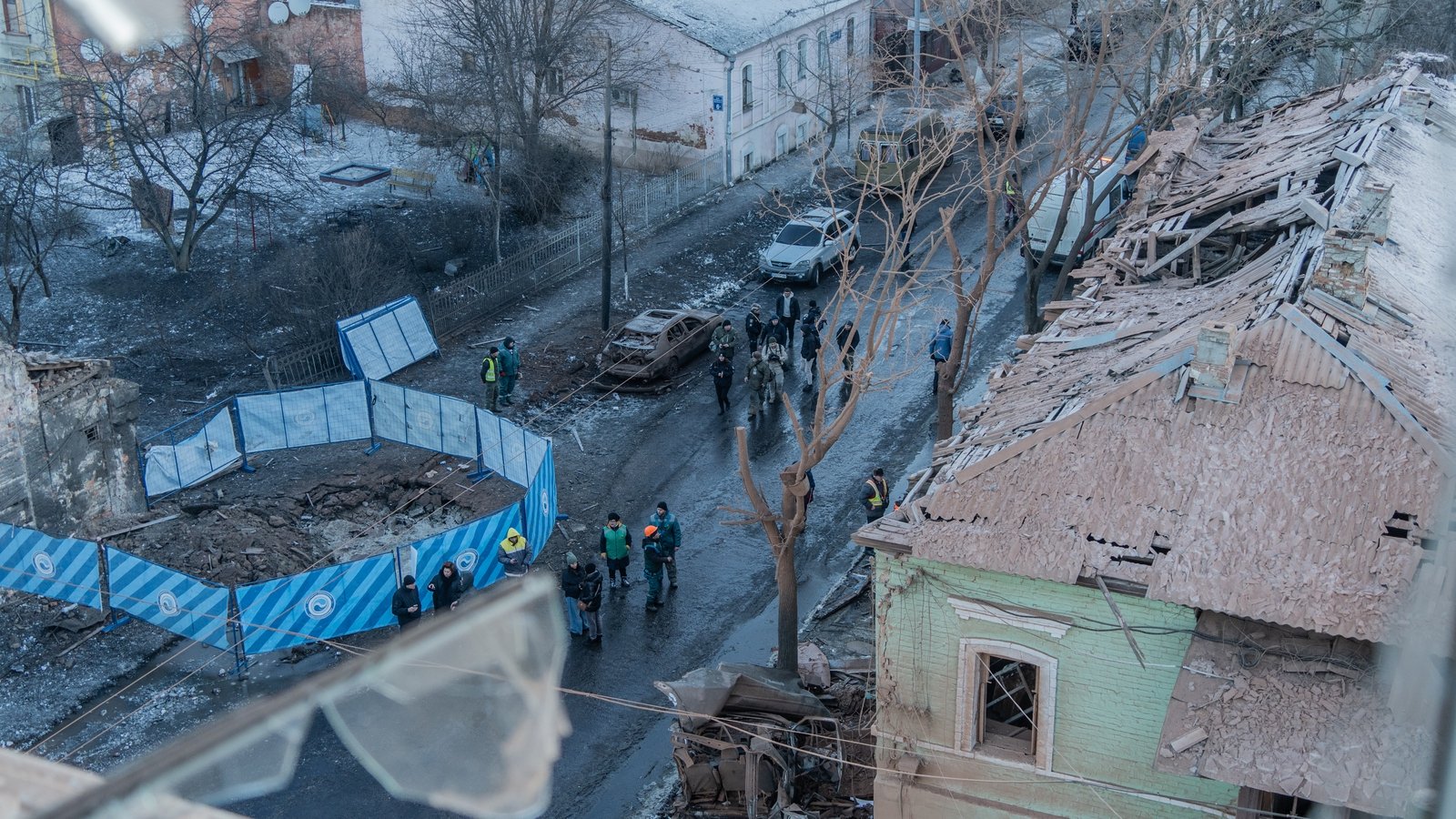Report flags issues of intimidation or violence toward candidates
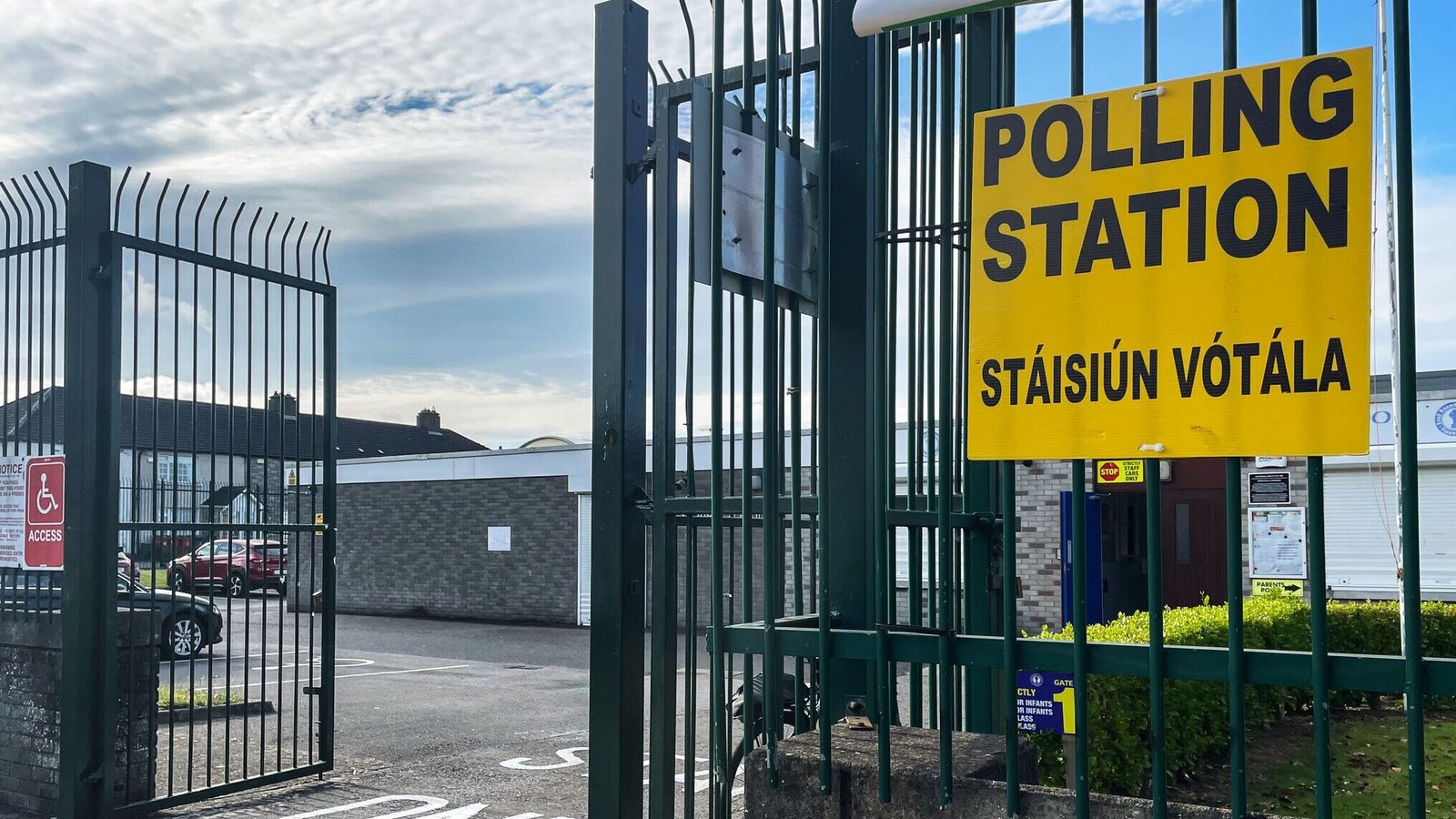
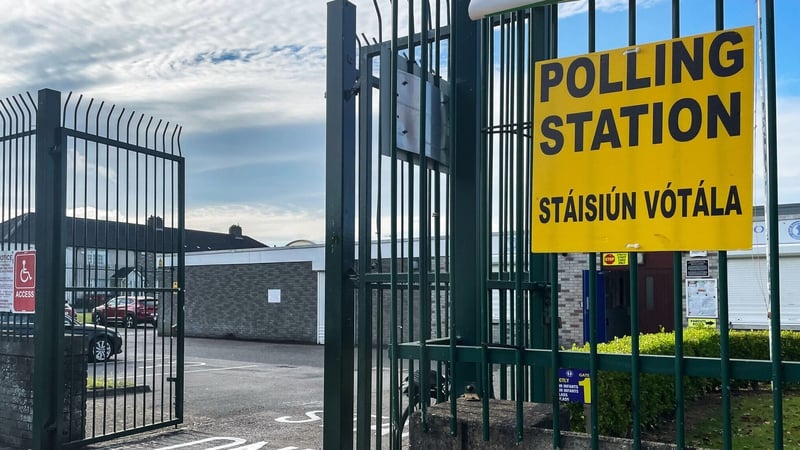
There were at least 36 incidents of politically motivated violence, intimidation, harassment, or threats in the lead up to Friday’s local and European elections according to an analysis by two civil society groups.
The analysis by the Institute for Strategic Dialogue (ISD) and Hope and Courage Collective (H&CC) began when campaigning for the elections started on 6 May and is based on the monitoring of incidents reported online and in news reports.
There were record numbers of candidates from migrant backgrounds running in Friday’s elections, several of whom were targeted on multiple occasions, according to the analysis.
Of the 36 total incidents analysed, 13 of them involved candidates from migrant backgrounds.
“It’s causing a chill effect on who can participate in our politics. We can see there’s a direct attack, and that’s a threat to our democracy,” Director of the Hope and Courage Collective Niamh McDonald told Prime Time.
One incident saw canvassers for Limerick County Council hopeful, Suzzie O’Deniyi, being aggressively confronted when distributing flyers in the city. The Fine Gael candidate said her team were subject to racist and sexually-charged abuse.
Another Fine Gael candidate, Linkwinstar Mattatil Matthew, said his team were targeted while putting up posters in Artane and told to go “back to where they came from.”
We need your consent to load this Datawrapper contentWe use Datawrapper to manage extra content that can set cookies on your device and collect data about your activity. Please review their details and accept them to load the content.Manage Preferences
Fourteen of the 36 incidents recorded had both an online and offline element.
One individual targeted in this way was Sarah Adedeji, a Fine Gael candidate for South Dublin County Council. Ms Adedeji was harassed and recorded by a man when putting up posters in Clondalkin.
The individual who targeted Ms Adedeji posted on X after the incident saying, “all these traitors will be arrested and publicly executed for treason against the Irish people.”
Eleven of the 36 recorded incidents occurred online only, and included where individuals were either threatened, doxxed or targeted with hate speech or falsehoods.
Doxxing refers to the act of publishing someone’s personally-identifiable information – such as an address – online and without consent.
Limerick mayoral candidate, Cllr Daniel Butler, was subject to this type of harassment when his address and threats to smash his windows were posted on social media platform TikTok.
Further threats also targeted Cllr Butler’s family, including his two young children.
Two of the most serious incidents involved physical assaults on two female councillors — the Green Party councillor, Janet Horner, a candidate in Dublin’s North Inner City and independent councillor, Tania Doyle who was running for Fingal County Council.
Both attacks happened on 8 May while the candidates were hanging election posters in their respective localities.
Speaking to Prime Time, Cllr Horner said she was targeted by someone acting in a “very aggressive” and “threatening” manner while out campaigning.
“Somebody confronted myself and a friend putting up posters, threatened to kill me, threatened to kill my friend, and said, ‘Dublin 1 is for the far right,’” Cllr Horner said.
“He hit me at one or two points when I was trying to put my hands up. Then grabbed the poster off me and threw it into the road,” Ms Horner added.
Cllr Horner said that the incident, which happened on the North Circular Road in Dublin, was eventually “de-escalated” by passersby.
Female candidates were disproportionately targeted according to the analysis with 21 of the incidents involving women and 15 involving men.
We need your consent to load this Datawrapper contentWe use Datawrapper to manage extra content that can set cookies on your device and collect data about your activity. Please review their details and accept them to load the content.Manage Preferences
In this year’s local elections, more women ran for office than in any previous local election.
The Green Party’s Janet Horner said she considered not going public with her own experience in case she discouraged people from minority groups from running for office.
“One of the main things going through my head was I don’t want to put off people like me from ever wanting to go forward for election again, because we need more women, we need more people of colour,” Ms Horner said.
“If they are hearing things like this and saying that’s the price to be paid, I would worry. If it was me five years ago, I might have said, ‘I don’t want to be involved in politics. It’s not for me,’” Cllr Horner added.
Director of the Hope and Courage Collective Niamh McDonald says she believes women and minorities have been targeted by people unhappy with the direction of Irish politics in recent years.
“They go for women who are underrepresented in our democracy and minority candidates because they want to fundamentally roll back on all the progressive policies, whether it’s marriage equality, whether it’s repeal,” Ms McDonald said.
“We’ve seen time and time again that female politicians from all shades of politics have said that they are openly getting more attacks online, more verbal threats, more threats of assault,” Ms McDonald added.
A recurring tactic, according to the ISD and H&CC analysis, is to film confrontations and then use them as content on social media platforms.
Government politicians have also been targeted in this way. Taoiseach Simon Harris, Minister for Justice Helen McEntee and Fine Gael MEP Maria Walsh were followed and harassed while campaigning in Castlebar, Co Mayo on 2 June.
Fine Gael candidates were targeted most often according to the analysis, with nine incidents, followed by independents, who were targeted in eight documented incidents.
Green Party candidates were singled out in six incidents, and Sinn Féin in five. Three incidents covered in the report were directed at Labour Party politicians, while People Before Profit and the Social Democrats were targeted twice. One incident was linked to a candidate running for the Ireland First party.
We need your consent to load this Datawrapper contentWe use Datawrapper to manage extra content that can set cookies on your device and collect data about your activity. Please review their details and accept them to load the content.Manage Preferences
The analysis gave priority to documenting offline incidents targeting individuals, which meant acts of vandalism targeting posters were not included.

